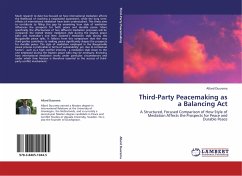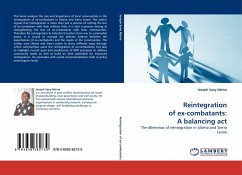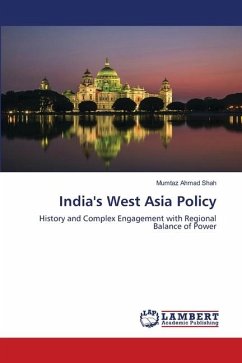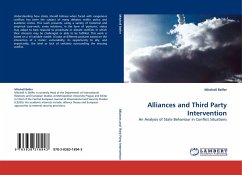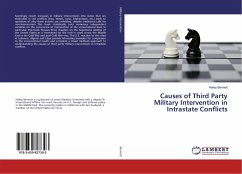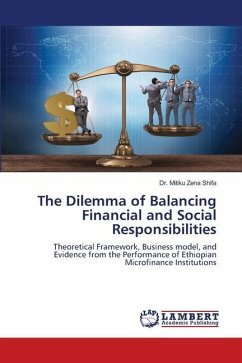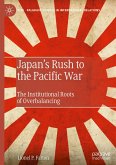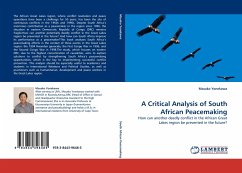Much research to date has focused on how international mediation affects the likelihood of reaching a negotiated agreement, while the long term-effects of international mediation have been understudied. This thesis aims to contribute to filling this gap by examining how style of mediation influences the prospects for both peace and durable peace. More specifically, the effectiveness of two different mediation processes will be compared: the United States mediation style during the Dayton peace talks and Australian s and New Zealand s mediation style during the Bougainville peace talks. It follows from this comparison that the way third-parties contribute to making peace significantly shapes the prospects for durable peace. The style of mediation employed in the Bougainville peace process is preferable in terms of sustainability; yet, due to contextual factors - such as a high conflict intensity - a mediation style closer to the one employed during the Dayton peace talks may be necessary. Knowing how international mediation works under particular circumstances and under which time horizon is therefore essential to the success of third-party conflict involvement.
Bitte wählen Sie Ihr Anliegen aus.
Rechnungen
Retourenschein anfordern
Bestellstatus
Storno

